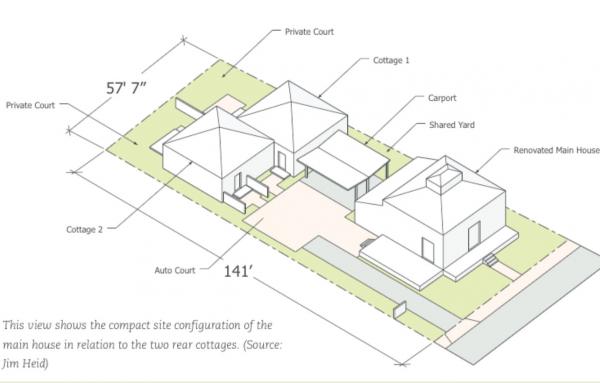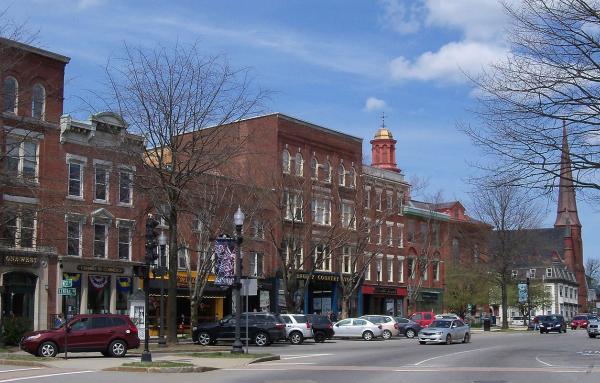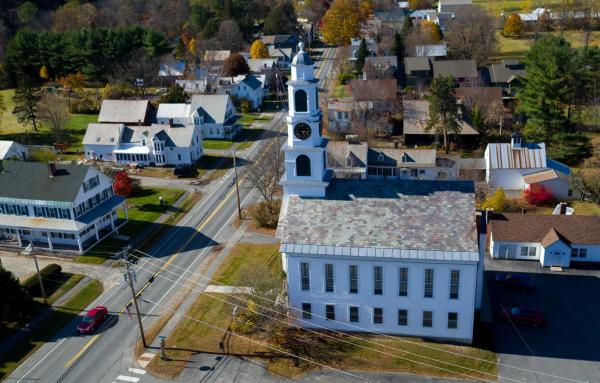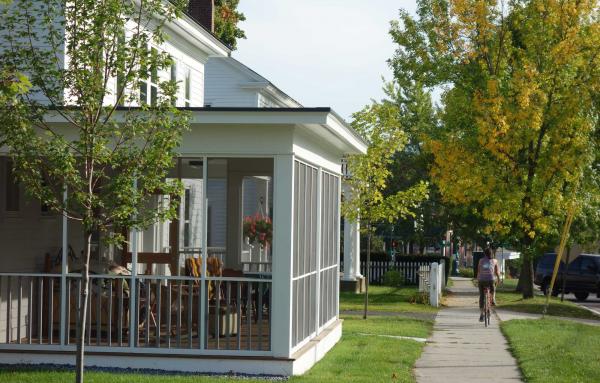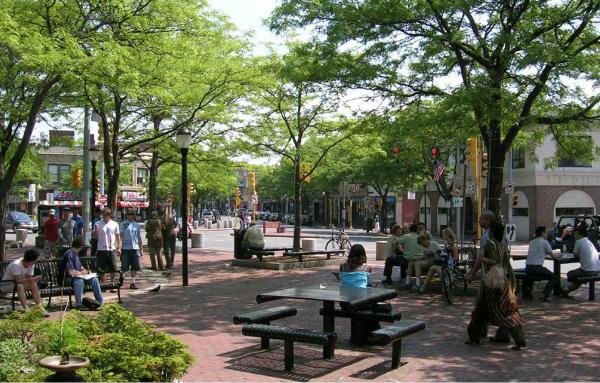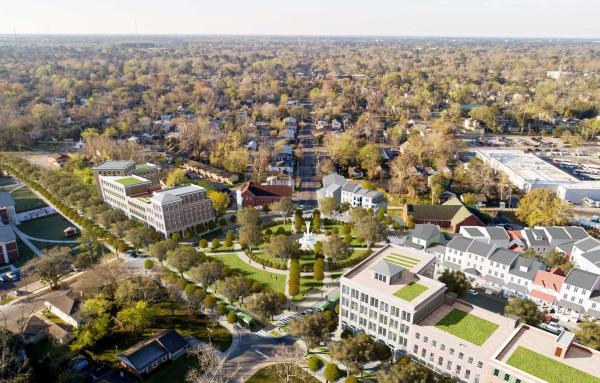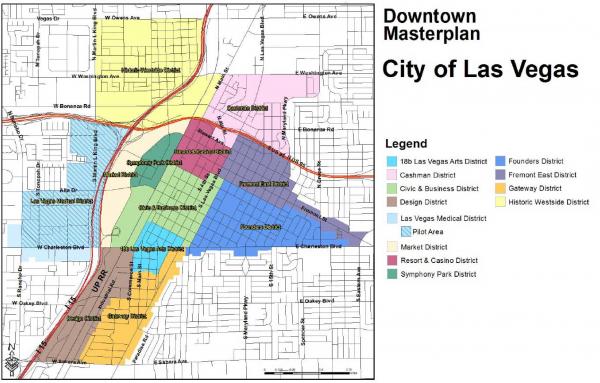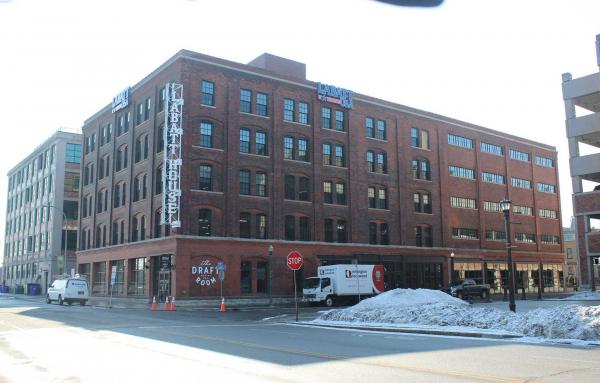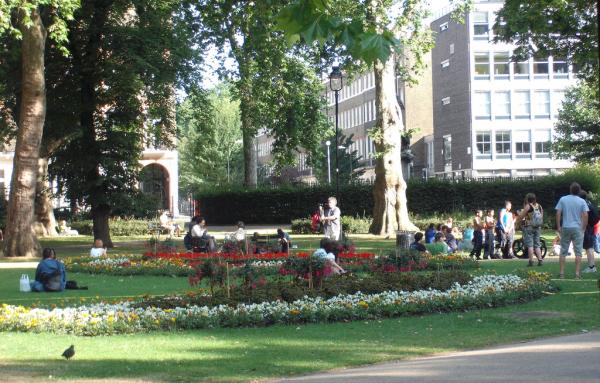Codes
Enabling missing middle housing and compact neighborhoods are at the heart of land-use reforms in many states and cities.
Following a recent code reform partnership with the State of Vermont culminating in a report and legislative initiatives, CNU has embarked on a similar project in New Hampshire, working with the New Hampshire Housing Finance Authority. The first...
A bill moving through Vermont legislature adopts key zoning reform measures for walkable communities, even as the state recently completed a report with CNU on incremental changes to land use laws.
CNU teams with the State of Vermont to promote incremental steps to housing access and affordability in communities of all sizes.
In its new form-based code, Somerville ditches a Model T zoning engine and adopts 21st Century green design. The code won a 2020 CNU Charter Award in the Metropolis, City, and Town category for the City of Somerville.
The Driehaus Form-Based Code Award, to be announced at CNU 28 in June, is accepting nominations until April 17.
The city made progress with code reform and is moving forward with street improvements and new public spaces, including the possible transformation of a dead mall.
The City of Las Vegas adopted one of the state's first form-based codes following two years of training and community engagement. The new code is a big step toward implementing the City’s downtown master plan.
It doesn't take much digging to find that generational blame for sprawl doesn’t add up and gets us no closer to a solution—for that, we need a more targeted approach.
The cities represent the versatility of recent codes that replace conventional zoning.
The Users' Guide to Code Reform leads planners through the code reform process, providing tools for governments lacking the capacity to develop a full form-based code.
These items are the sum of innovations by colleagues and reinforce practices that have successfully entered the mainstream.
